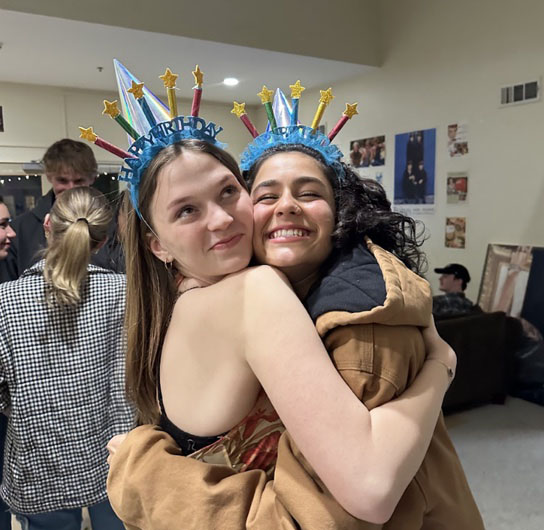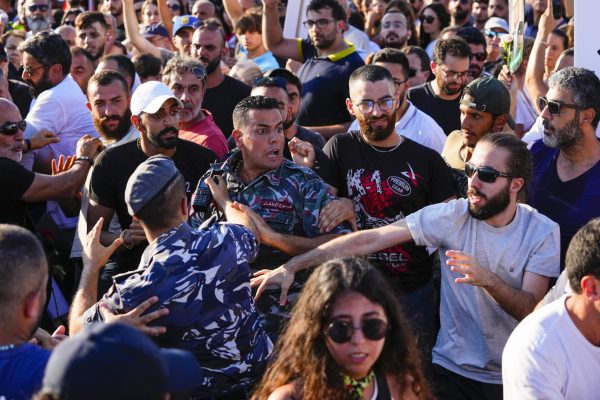The Posthumous Pardon of Susan B. Anthony and Understanding President Donald Trump
On Tuesday, August 18, the 100th anniversary of the ratification of the 19th Amendment, President Donald Trump announced that he would be granting a posthumous pardon to Susan B. Anthony. A fierce advocate for women’s suffrage and one of the most famous leaders of the movement, Susan B. Anthony had been convicted of voting illegally in a presidential election in 1872, as only men were permitted to do so at the time.
Obviously, the pardon of Susan B. Anthony on the 100th anniversary of the 19th Amendment — to the day — is symbolic. But it’s also a genius political move; I’ll explain why.
President Trump has been criticized for not caring about women; he has been called a sexist and has recently been struggling to gain the support of women — at least in the polls. Though these claims against President Trump have little merit (half of his White House staff are women, for example), they clearly have an influence on his polling numbers, and hence it could help to counter that mischaracterization.
Furthermore, President Trump knows that the media is biased against him, and this pardon puts the media in a tough situation. Do they dare to give the president positive coverage — even if only for a moment — or do they instead attempt to cancel Susan B. Anthony and try to destroy her trailblazing legacy (which we all learned about in high school, if not earlier), just because they hate President Trump? You can guess what they did.
President Trump not only ran his 2016 presidential campaign on promises and policy proposals, but also on the fact that he wasn’t a career politician and instead, an ordinary citizen (just like us). I believe that this pardon of Susan B. Anthony exemplifies that part of his presidency, as evidenced by the way he discussed it when speaking to reporters: “She was never pardoned. Did you know that? She was never pardoned. What took so long? That’s right, she was guilty for voting.”
Every time that President Trump says the phrase “Did you know that?”, it is immediately clear to me that one of his staffers must have told him that thing fairly recently. And just like any other American, when he heard that Susan B. Anthony had yet to be pardoned, he most likely said some variation of “What? Really?” So, right away, he decided to pardon her.
It is very unlikely that past presidents were not aware that she wasn’t pardoned, especially because they have a multitude of staff members that often do research on things like that. No other president, other than President Trump, decided that Susan B. Anthony should be pardoned.
Not one. So, when the president announced this pardon, everyone who was upset that they hadn’t thought of it before him immediately lashed out and said that it shouldn’t have been done; that it was a bad move; that “how dare he do such a thing!”; that it was selfish. All in an effort to tarnish yet another historic decision. Nobody will ever give him credit for any of the great things he’s accomplished, even though he often deserves it.
Some believe that the pardon should be overturned because Susan B. Anthony would have wanted it that way. It’s a seemingly fair criticism, but I view it this way: It is true that Susan B. Anthony refused to pay the fine levied against her and was willing to be arrested in an act of defiance in order to draw attention to the issue of women’s suffrage; if she were still alive today, she very well could have been against the pardon in order to keep this image. However, under those older and unjust interpretations of the law, she was still a criminal; a criminal because she exercised one of her rights under our Constitution as a citizen of the United States of America; and no matter how defiant one is, no one — at their core being — wants to be recognized as a criminal for exercising the most basic of their rights. President Trump’s pardon proclaims that Susan B. Anthony’s decision to vote was not merely excused, but that it was the incontrovertibly right thing to do in the face of the inequality before her — and that’s justice.









